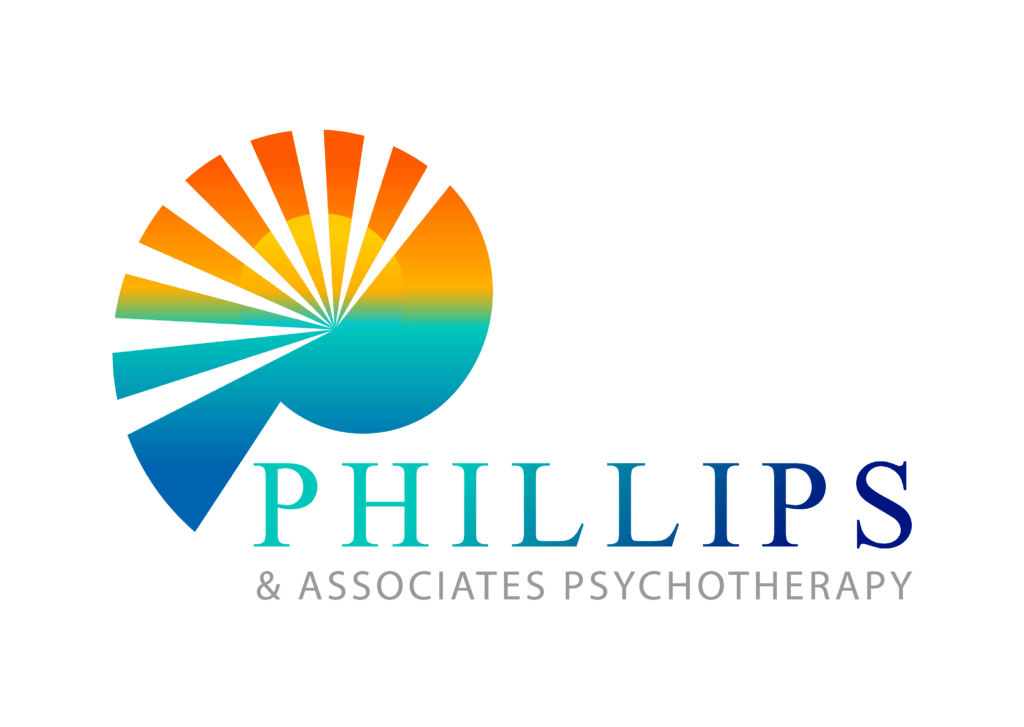
Counselling vs Therapy: Is There A Difference?
Mental and emotional health is crucial for our overall wellbeing and a happier life. However, when people experience mental health issues such as anxiety, depression, or stress, it’s essential to seek professional help to navigate the path to recovery. Two terms that are often interchanged are “counselling” and “therapy.” Although they both deal with mental health issues, there are differences between these two terms. In this post, we’ll discuss the fundamental differences between counselling and therapy, and why it’s important to choose the right option for you.
How Is Counselling Different From Regular Therapy Services
Counselling mainly deals with helping people cope with short-term issues that arise due to day-to-day challenges or difficult life circumstances. It’s a solution-focused approach that emphasizes building skills to deal with present problems. Counselling sessions are shorter and more frequent in comparison to therapy.
On the other hand, therapy focuses on the underlying or deep-rooted reasons that cause emotional or psychological distress. It usually deals with the long-standing and more complex problems that require in-depth analysis, and therefore therapy sessions take place for more extended periods, usually once a week.
Duration Of The Mental Health Treatment
As mentioned above, the time frame for counselling and therapy sessions is different. Sessions for counselling typically last for 30 to 60 minutes, and you would usually attend your sessions weekly or fortnightly. Also, counselling tends to be a short-term process, lasting from six to twelve weeks. In contrast, therapy sessions last for 60 to 90 minutes, and your therapist will schedule sessions that could span for months or even years.
Counselling Therapy Techniques
Both counselling and therapy rely on evidence-based techniques that have been proven to achieve their desired outcomes. However, counselling techniques tend to be more solution-focused and problem-oriented and may include Cognitive Behavioral Therapy (CBT), solution-focused therapy, and other similar techniques. On the other hand, therapy techniques are usually more varied and could include psychoanalysis, Gestalt therapy, or person-centered therapy, among others.
Professional Counselling Qualifications
Both counselling and therapy are practiced by professional mental health practitioners. A certified counsellor is someone who has typically earned a degree in counselling or a related field of study, such as psychology or social work, and has also completed additional training and clinical hours. A therapist, on the other hand, has usually completed an advanced degree in psychology or psychotherapy, and has completed rigorous training in treatment models and theories.
Counselling and therapy are both essential tools for anyone looking to take the first steps towards improving their mental health. Whether you choose counselling or therapy will depend on your individual needs, the severity of your mental health issues, and your budget and time commitment. Now that you understand the differences between the two, you can make a more informed decision about which route to take. Regardless of what you choose, seeking help for your mental health is a brave and empowering journey towards leading a happier, more fulfilling life. Book a counselling appointment in London, Ontario at Phillips & Associates Psychotherapy Services.

